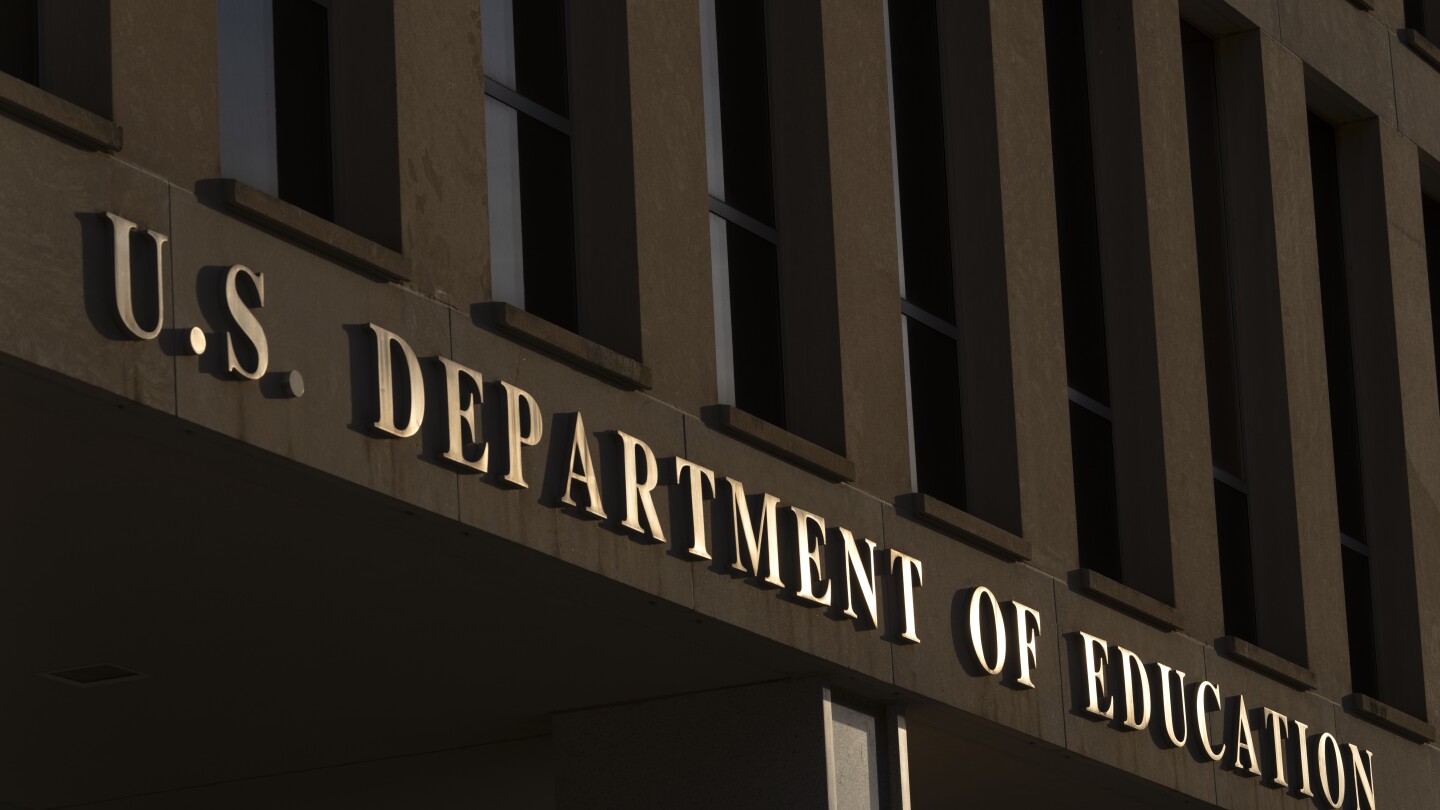Universities Under Fire: Federal DEI Investigations Expand
The Biden administration's commitment to diversity, equity, and inclusion (DEI) initiatives in higher education is facing increased scrutiny as federal investigations into university DEI programs expand. This escalating pressure raises complex questions about academic freedom, the role of government oversight, and the future of DEI initiatives on college campuses nationwide.
The Growing Scope of Investigations
The Department of Education's Office for Civil Rights (OCR) has launched several investigations into prominent universities, alleging violations of Title VI of the Civil Rights Act of 1964. These investigations often focus on claims that DEI programs discriminate against students and faculty based on their race, ethnicity, or sex. While the exact number of ongoing investigations remains undisclosed, reports suggest a significant increase in the number of complaints filed and investigations launched in recent years. This surge is partly attributed to increased public awareness and the growing political polarization surrounding DEI initiatives.
Key Allegations and Investigative Focus:
- Reverse Discrimination Claims: Many complaints allege that DEI initiatives prioritize diversity over merit, leading to reverse discrimination against students and faculty from majority groups. These claims often involve admissions policies, faculty hiring practices, and the allocation of resources.
- Compelled Speech Concerns: Some investigations center around allegations that universities are compelling students and faculty to participate in DEI training or express specific viewpoints, potentially violating free speech principles.
- Lack of Transparency and Due Process: Critics argue that some universities lack transparency in their DEI programs and fail to provide adequate due process for those who believe they have been discriminated against.
The Universities Involved and Their Responses
While the OCR maintains confidentiality regarding ongoing investigations, several universities have publicly acknowledged facing scrutiny. These institutions often respond by highlighting their commitment to diversity and inclusion while emphasizing their efforts to comply with all applicable laws and regulations. Many are undertaking internal reviews and making adjustments to their DEI programs in an attempt to address concerns. However, the lack of transparency around the specifics of these adjustments fuels further criticism and calls for more accountability.
The Broader Implications for Higher Education
The expansion of federal investigations into university DEI programs has significant implications for the future of higher education. The outcome of these investigations will likely shape the landscape of DEI initiatives on college campuses across the country. Several key considerations emerge:
- Impact on DEI Programs: The investigations could lead to modifications or even the dismantling of certain DEI programs, potentially hindering efforts to foster more inclusive and equitable learning environments.
- Chilling Effect on Academic Freedom: The fear of legal repercussions could lead to self-censorship among faculty and administrators, potentially stifling open discussions about race, gender, and other sensitive topics.
- Increased Legal Costs and Administrative Burden: Universities facing investigations face substantial legal costs and administrative burdens, diverting resources from other crucial areas such as student support services and academic research.
Looking Ahead:
The future of DEI in higher education remains uncertain. The ongoing investigations highlight the need for a nuanced and thoughtful approach to implementing these programs, one that balances the goals of promoting diversity and inclusion with the need to protect individual rights and academic freedom. Open dialogue, transparent practices, and a commitment to due process are crucial in navigating this complex landscape. The legal and political battles surrounding DEI are far from over, and their outcomes will significantly impact the future of higher education in the United States.
Call to Action: Stay informed about the latest developments in this evolving situation by following reputable news sources and engaging in respectful discussions about the complexities of diversity, equity, and inclusion in higher education. Understanding the nuances of this debate is critical for informed civic engagement.
